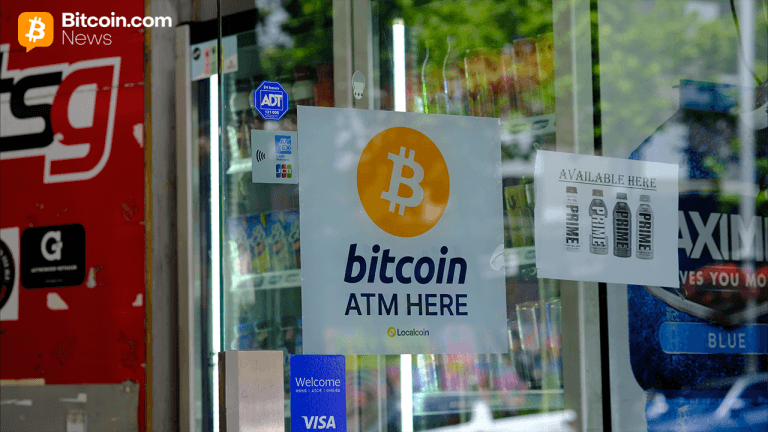New law may hurt PREPA financially, analyst says
3 min read

The Puerto Rico Oversight Board is working to block a law that would decrease revenues for the Puerto Rico Electric Power Authority over the next 27 years by extending the solar net metering system.
The board’s PREPA fiscal plan said the continuation of net metering, where solar panel users are credited with the retail price for the electricity they return, makes the authority pay more for electricity than it would otherwise. Puerto Rico residents are more likely to have solar panels than those in most U.S. states.
“Any tampering with the PREPA ability to raise funds will affect its ability to meet its fiscal responsibilities,” said University of Puerto Rico Professor José Garriga Picó.
The board’s position threatens the island’s economy and discourages future consumers from choosing solar energy, a Puerto Rico solar group, Solar United Neighbors, said in response to a letter the board sent to Puerto Rico’s Fiscal Agency and Financial Advisory Authority last week.
In the letter the board asks the local government to not institute the law extending the net metering and repeal or amend it. The board said it reserved the right to seek “remedies to prevent implementation and enforcement of Act 10 and to have the law nullified.”
Act 10, as the law is known, is “significantly inconsistent with the fiscal plan’s requirement that [Puerto Rico Energy Bureau] be able to operate independently and ‘free from any direct or indirect political interference or interference,'” Board General Counsel Jaime El Koury said in his letter to FAFAA Executive Director Omar Marrero Díaz.
The bureau has yet to complete a study of net metering, which the PREPA fiscal plan required by last June 30, and bureau recommended changes were to have started by April 11, which El Koury said didn’t occur.
Act 10 delays announcement of any net metering policy changes until at least April 2030 and price changes would be postponed for 20 years beyond the policy announcement.
Earlier this week, Bureau President Edison Avilés Deliz said the bureau expected an outside consultant to complete its study of net metering by June 30, the El Nuevo Día site reported.
Spokespeople for the bureau and the FAFAA declined to comment. A spokeswoman for Gov. Pedro Pierluisi said the FAFAA was handling inquiries on the topic.
After a nearly seven-year bankruptcy process,
The amount of electricity PREPA has credited to consumers increased by 245% from 3Q2017 to 1Q2023, according to the board. As of December, more than 110,000 homes had solar generation and net metering systems attached to PREPA’s grid, according to LUMA Energy, which handles electricity distribution on the island. The number has certainly increased since then and doesn’t include the businesses, churches, and other institutions with solar energy panels or other renewable sources.
“The law reflects the same practices that drove PREPA into bankruptcy – i.e. politicizing the utility and keeping electricity rates below costs,” Puerto Rico Clearinghouse Principal Cate Long said. “It’s another example of how there has been almost no reform to the practices that drove the Puerto Rico government into insolvency.”







